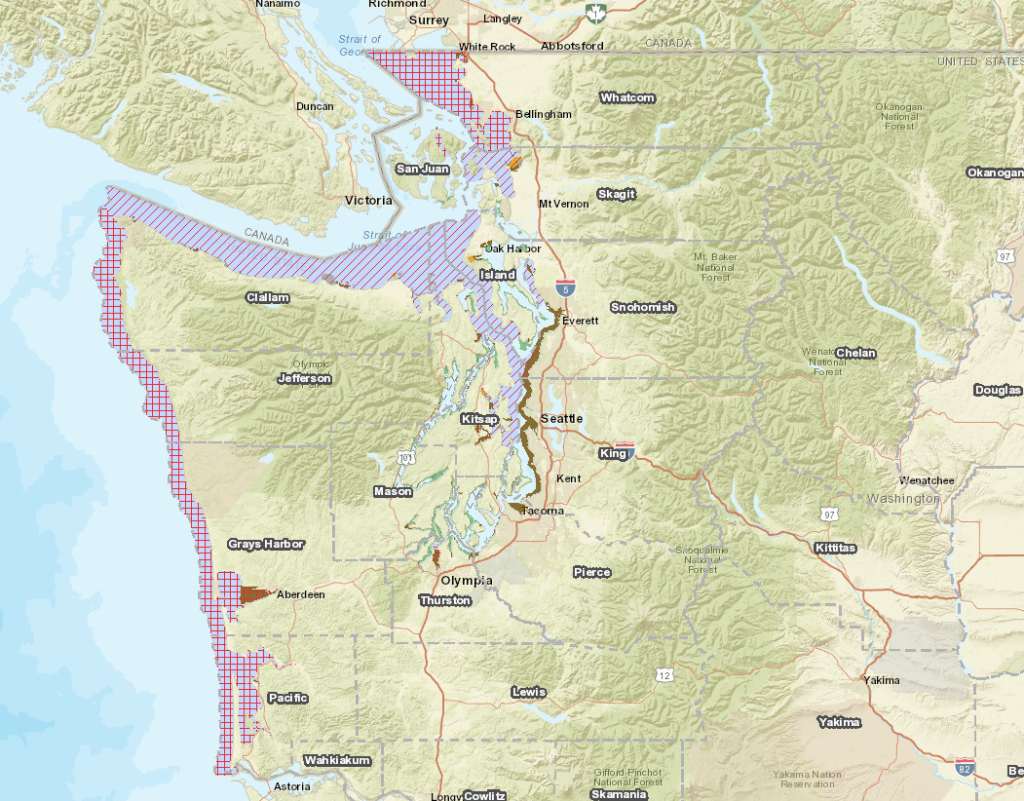The Food and Drug Administration (FDA) is warning consumers not to consume, and restaurants not to serve, certain shellfish such as oysters and bay clams grown in Washington State and Oregon because these may be contaminated with toxins associated with Paralytic Seafood Poisoning (PSP).

Shellfish harvested on or after the date of May 28, 2024, from Netarts Bay and Tillamook in Oregon, as well as Willapa Bay and Stony Point in Washington, were found to have PSP levels of more than 80 micrograms per 100 grams. Cooking will kill the algae that produces the toxin, but the toxin itself is not affected by cooking and remains in the shellfish tissue.
It is known that shellfish harvested from these areas were transported to restaurants around Washington, Oregon, New York, Arizona, California, Colorado, Hawaii, and Nevada and the FDA is advising any restaurants serving shellfish from these areas to discard them immediately.
The Washington State Department of Health is conducting a recall effort for all shellfish harvested from these regions, adding in a press release that the agency will be doing everything it can to prevent the spread of illness, including active PSP testing throughout the state.

According to the Oregon Health Authority at least 20 people have been found sick of paralytic seafood poisoning from recreationally harvested shellfish off of the Oregon coast.
“We have two messages: If you have any mussels gathered since Saturday from beaches within the area of coastline that ODFW and ODA closed to harvesting – that you are preparing for a meal or keeping in the freezer for a later time – throw them out now and do not feed them to pets,” said Emilio DeBess, epidemiologist at the Oregon Public Health Division’s Acute and Communicable Disease Prevention Section. “And if you have eaten any of these mussels and are feeling ill, see a doctor right away.”
The Health Authority recommends anyone who has experienced symptoms of paralytic shellfish poisoning (PSP) – numbness of the mouth and lips, nausea, vomiting, diarrhea, weakness, and in severe cases, shortness of breath or irregular heartbeat – to immediately contact a health care provider.
PSP is a foodborne illness caused by saxitoxins produced by marine algae and caused by eating shellfish contaminated with the naturally occurring biotoxin, including scallops, mussels, clams, oysters and cockles, as well as some fish and crabs, according to the Centers for Disease Control and Prevention (CDC). There is no antidote for PSP.
“Victims must wait for the toxins to naturally flush from their body,” according to the Washington Department of Health website. “Life support systems such as respirators and oxygen are used in extreme cases to keep the victim alive and stable.”
PSP is the most common and most severe form of shellfish poisoning. It occurs worldwide but is most common in temperate waters off the Atlantic and Pacific coasts of North America.
Signs of illness usually appear 30 to 60 minutes after a person eats toxic shellfish and include numbness and tingling of the face, lips, tongue, arms and legs. Patients also might have diarrhea and vomiting, headache, and nausea. Severe cases are associated with ingestion of large doses of toxin and clinical features such as poor muscle control, clumsiness or slurred speech, difficulty swallowing, loose or floppy limbs, mental status changes, and respiratory failure.
PSP can be deadly, especially for children.
Author: Kienan Briscoe












